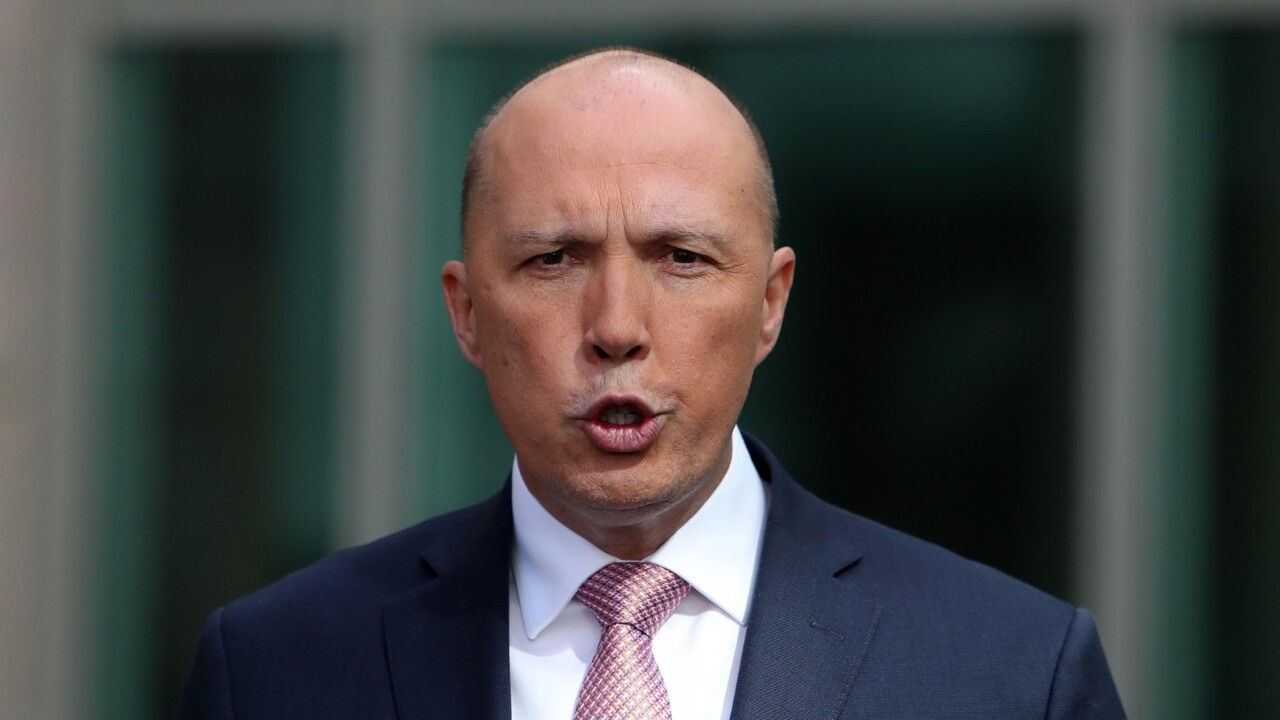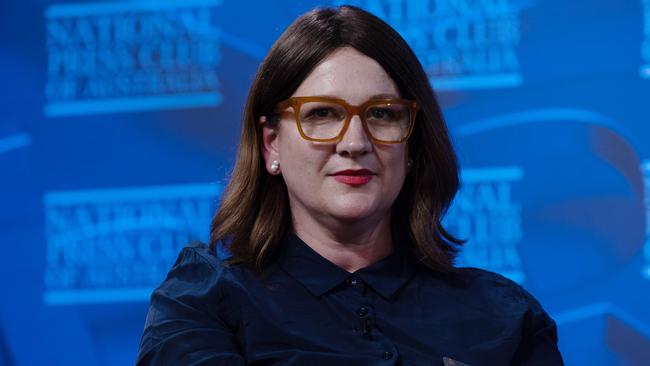Independent report finds Medicare is ‘complex and ambiguous’ as GPs welcome dismissal of rorts
GPs have been forced to stop bulk billing and many are going broke. An independent report finds little evidence of widespread Medicare rorting while a study finds doctors routinely undercharge.

The nation’s “complex and ambiguous” Medicare funding system has resulted in confusion and inadvertent incorrect billing, as new evidence suggests GPs routinely underbill and claims of widespread rorting are dismissed.
An independent report by former Victorian health department secretary Pradeep Philip to be released this week has found claims of mass rorting of Medicare by doctors is not supported by evidence, but that the Medicare Benefits Schedule is impossible for many clinicians to understand.
The audit system targets those who are regularly undertaking long consultations and providing exactly the kind of complex care that new federal government reforms aim to reward.
Dr Philip, a health economist and the lead partner for Deloitte Access Economics, did not find evidence that Medicare fraud and billing errors were costing taxpayers $8bn a year – a claim that has also been dismissed by the secretary of the Health Department Brendan Murphy and an internal department review.
The allegation of $8bn in rorting – sourced to a single expert, compliance consultant and lawyer Dr Margaret Faux – would amount to a significant slice of all Medicare benefits. The Pradeep review was triggered by reports published in Nine Newspapers and broadcast on the ABC’s 7:30 program.
By contrast, a 2020 Australian National Audit Office report estimated the value of Medicare noncompliance at between $366m and $2.2bn a year.
But neither this report nor the Pradeep report considered the issue of incorrect billing from the perspective of how much public money is saved each year by doctors who routinely underbill.
Now a University of Sydney report has quantified this saving of taxpayer money at $350m a year, arising through mass underbilling by GPs who are “scared of triggering an audit” if they bill too many long consultations.
The study underscores the failure of Medicare and its associated bureaucracy – there are 5800 different MBS items – to meet the challenges of modern health care.
Medicare is facing its biggest shake-up since its inception, beginning in this year’s federal budget with a planned overhaul of the fee-for-service funding system in favour of a “blended” model that would fund multidisciplinary care provided by a range of health professionals, including nurses and allied health workers.

The University of Sydney study finds under the current system, GPs are terrified to bill too many long consultations to Medicare, even though they are facing a large burden of patients with chronic and complex disease. Many GPs who bill a large proportion of long consultations are sent “nudge” letters by Medicare and must justify their practice.
“GPs will often undercharge because they’re scared of triggering an audit,” said lead author Christopher Harris from the Menzies Centre for Health Policy and Economics at the University of Sydney.
“GPs are not charging what has been agreed that they should be paid, for fear of being audited. I don’t know if that’s a healthy aspect of Medicare. And on top of that is all the non-billable work that GPs do.
“Our results show that if GPs charged per the Medicare schedule, it would cost Medicare an additional $351.7m a year.”
The University of Sydney study – which analysed data from a national study of GP clinical activity in Australia known as the BEACH program that ran from 1998 to 2016 – also questions claims of widespread fraud.
“The findings of this study do not support the media claims of widespread fraud by GPs,” the paper says.

Royal Australian College of GPs president Nicole Higgins said the evidence was unsurprising to the profession. In February, “nudge” letters were sent to 600 GPs who had been charging a large number of long consultations when treating patients with complex and chronic disease. Many of the GPs targeted in such audits are women, who are more likely to spend a longer period of time with patients.
“This report provides evidence that GPs have been subsidising the healthcare system f
or a long time,” Dr Higgins said. “GPs can no longer afford to continue subsidising Medicare and this is now resulting in the closure of practices. The Pradeep report into Medicare compliance also supports that the system is complex and ambiguous and this has resulted in fear and underbilling.”








To join the conversation, please log in. Don't have an account? Register
Join the conversation, you are commenting as Logout